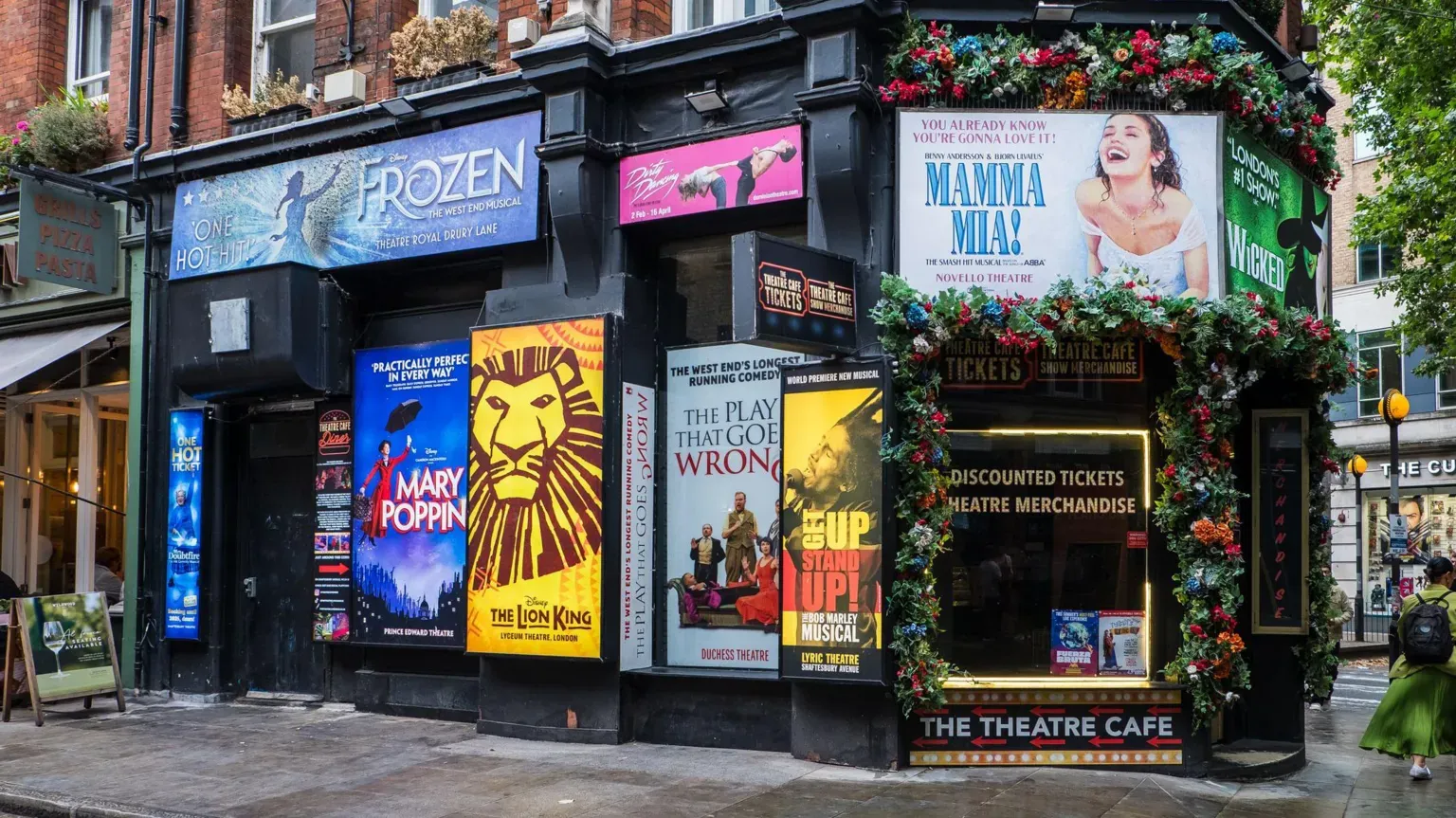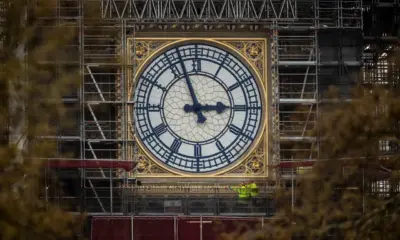Entertainment
London Theatre Tickets Auctioned in Meme Markets

Hamlet meets hype cycles.
By Priya Malhotra – Urban Finance Reporter
From Box Office to Blockchain
London’s theatre scene has always been world-class. From Shakespeare at the Globe to musicals in the West End, tickets are coveted treasures. But according to viral rumours, traditional box office sales are gone. Theatre tickets are now allegedly auctioned in meme markets, where prices rise and fall based on hype cycles rather than seating charts.
A TikTok clip that fuelled the frenzy showed a theatre poster glowing with candlestick charts and the caption: “Macbeth floor price 0.05 ETH.” The video racked up half a million views in a day.
Audience in Confusion
Clips spread across Instagram of baffled theatre-goers. One tourist complained, “I just wanted balcony seats, but I got rugged.” Another viral reel showed students bidding on Les Mis tickets while a screen flashed “Transaction failed.”
Some fans leaned into the parody. A meme showed Shakespeare with laser eyes captioned: “To HODL or not to HODL.”
Fake or Real?
Polls revealed 54 percent believed the rumour. “Feels real,” one voter wrote. “West End tickets are already impossible.” Another argued, “Fake, but believable. Prices already feel like trading.”
The plausibility made the story viral, turning the theatre into London’s latest speculative market.
Meme Avalanche
Memes performed across feeds like ensemble casts. One viral edit showed Hamilton tickets charting like meme stocks. Another depicted Phantom of the Opera masks glowing with QR codes.
Parody slogans included:
- “Stake your seats.”
- “Liquidity in Les Mis.”
- “Proof of play confirmed.”
Camden Market stalls quickly sold mugs reading “I bought Cats on-chain.”
Top Comments from the Internet
- “Finally, theatre as dramatic as my portfolio.”
- “My standing ovation got front-run.”
- “Proof of drama validated.”
Producers React
According to rumours, theatre producers defended the model. One allegedly said, “The show must go on-chain.” Another quipped, “Our tragedies are bullish.”
Critics slammed the system as exploitative. A theatre blogger argued, “Art shouldn’t depend on market volatility.” But their post was instantly memed with the caption: “Fiat thinker spotted at the matinee.”
Why It Resonates
The rumour resonates because West End tickets already feel speculative. Prices fluctuate wildly, queues are endless, and resale sites create bidding wars. Meme markets simply exaggerate a frustration audiences already face.
An LSE cultural economist remarked, “Theatre tickets as meme assets are satire that works because they already behave like scarce tokens.” The line went viral over a clip of actors bowing to candlestick charts.
Satirical Vision of the Future
Imagine the entire arts world tokenised. Museum exhibits sold as NFTs. Orchestra seats staked for yield. Even pantomimes are auctioned in the Christmas meme market.
A parody TikTok circulates showing an actor pausing mid-soliloquy as subtitles flash “Block not confirmed.” The clip reached 600,000 views.
Audience Reactions
For theatre fans, the rumour became instant comedy. One student joked, “I bid for Wicked, ended up with Cats.” Another quipped, “My Macbeth ticket got liquidated.”
By Sunday, parody playbills circulated in Leicester Square reading “Sponsored by MemeCoin.” Tourists snapped them up as souvenirs.
The Bigger Picture
Behind the humour lies a critique of culture-as-commodity. Theatre has always juggled art and commerce. Turning tickets into meme assets mocks the relentless monetisation of performance.
Cultural critics argue the rumour resonated because both theatre and markets are about drama. The stage exaggerates life, markets exaggerate money, and memes exaggerate both.
Conclusion
Whether London theatres really auction tickets in meme markets doesn’t matter. The rumour has already taken its bow in London’s meme economy, turning standing ovations into speculative bids.
So the next time you book a ticket, don’t just check your seat. Check the charts. Because in 2025, every play might come with a floor price.
By Priya Malhotra – Urban Finance Reporter
priya.malhotra@londonews.com















